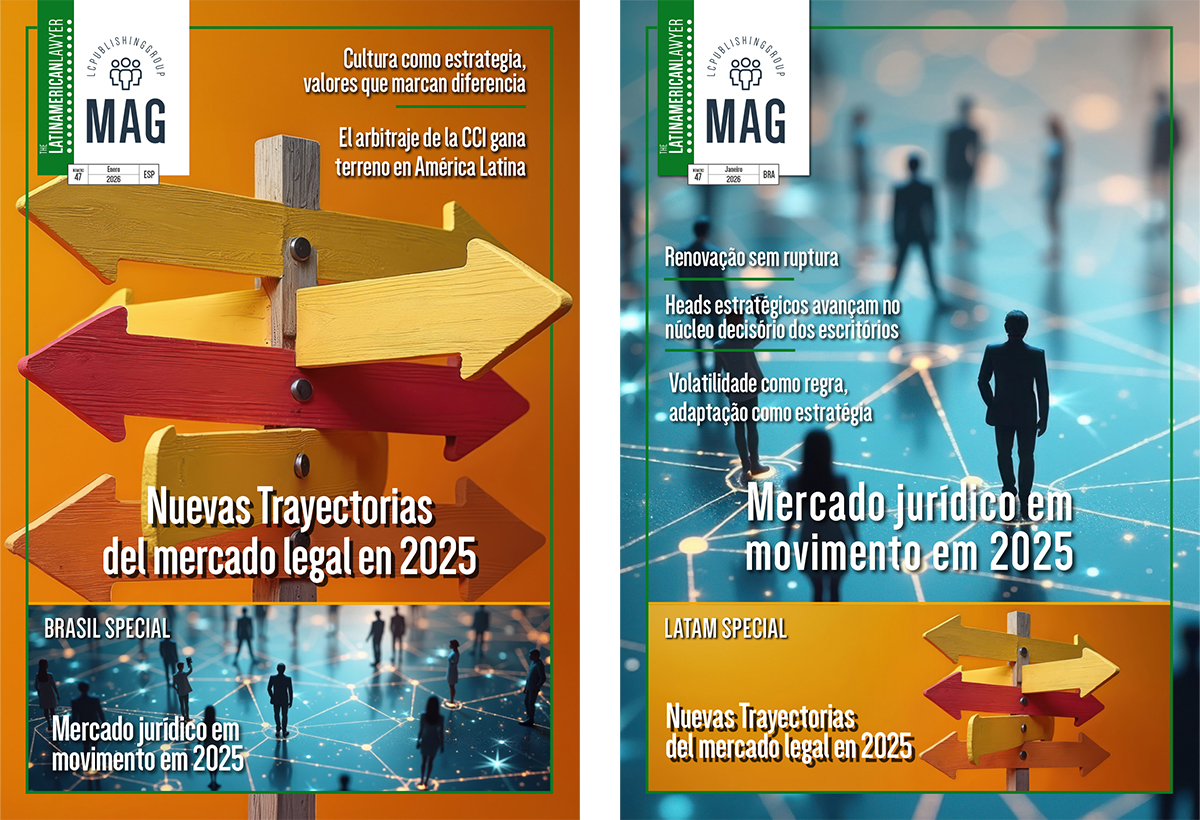New president and OECD membership expected to boost infrastructure opportunities in Costa Rica

PPP work for lawyers set to increase, but more economic reforms are needed in order to avoid the further erosion of the country’s finances.
 The recent election of a new president in Costa Rica, in addition to the country’s plans to join the Organization for Economic Co-operation and Development (OECD) are expected to boost opportunities for lawyers in relation to infrastructure projects and public-private partnerships.
The recent election of a new president in Costa Rica, in addition to the country’s plans to join the Organization for Economic Co-operation and Development (OECD) are expected to boost opportunities for lawyers in relation to infrastructure projects and public-private partnerships.
Infrastructure projects had slowed in the run up to the election of Carlos Alvarado as president, but the pipeline of infrastructure work is now expected to increase under the new administration, lawyers say. Meanwhile, the implementation of OECD guidelines should also improve the business environment, according to Carolina Palma, senior manager at EY in San Jose. “Companies will have to cope with more stringent regulations in terms of compliance, but they will benefit from a more robust and mature system in electronic invoicing, resulting in faster response times for corporate transactions and better results when dealing with the public administration,” she says. In addition, Palma anticipates more opportunities for investing in infrastructure and a boost in public-private partnerships, a subject which was on the agenda of both presidential candidates in the election campaign.
 Consumer confidence is also expected to be restored in Costa Rica during the second half of this year as electoral uncertainty dissipates, according to David Gutiérrez, Madrid-based partner at Central American law firm BLP. He adds that credit growth in Costa Rica is likely to be supported by corporate lending.
Consumer confidence is also expected to be restored in Costa Rica during the second half of this year as electoral uncertainty dissipates, according to David Gutiérrez, Madrid-based partner at Central American law firm BLP. He adds that credit growth in Costa Rica is likely to be supported by corporate lending.
However, Gutiérrez warns that, in the absence of fiscal and public expenditure reforms, Costa Rica’s public finances could continue to erode, limiting the possibilities of long-term growth and investment. A high fiscal deficit could result in lower GDP growth, a higher debt burden and increasing vulnerability to external economic shocks, which could potentially harm the economy and make it less attractive for domestic and foreign investment.















